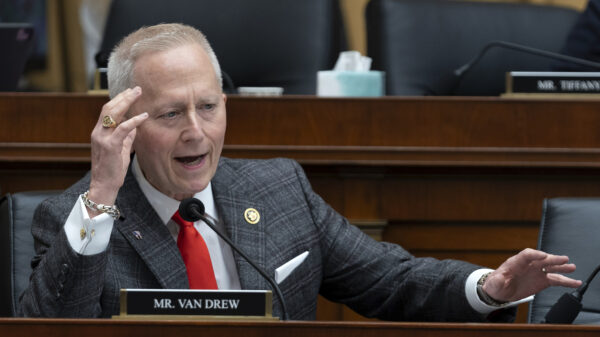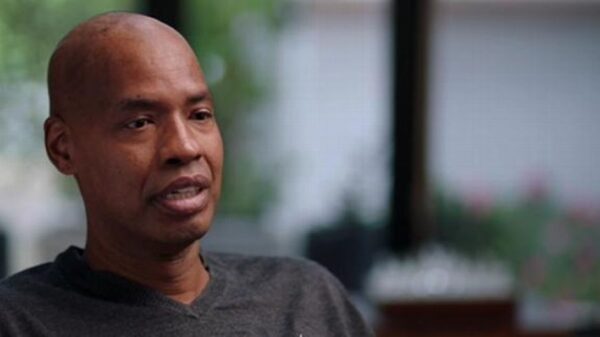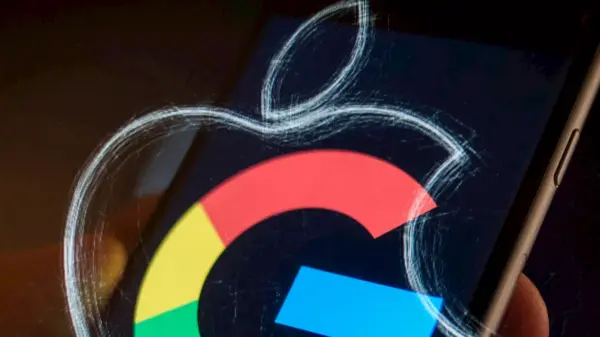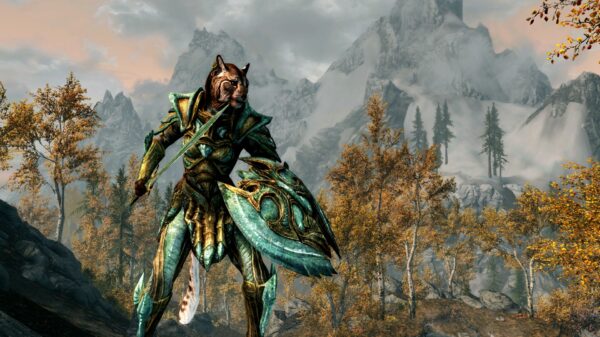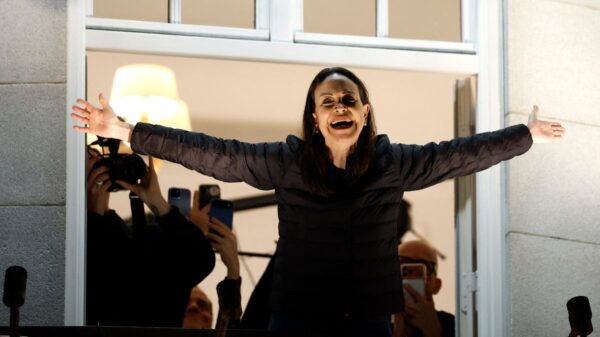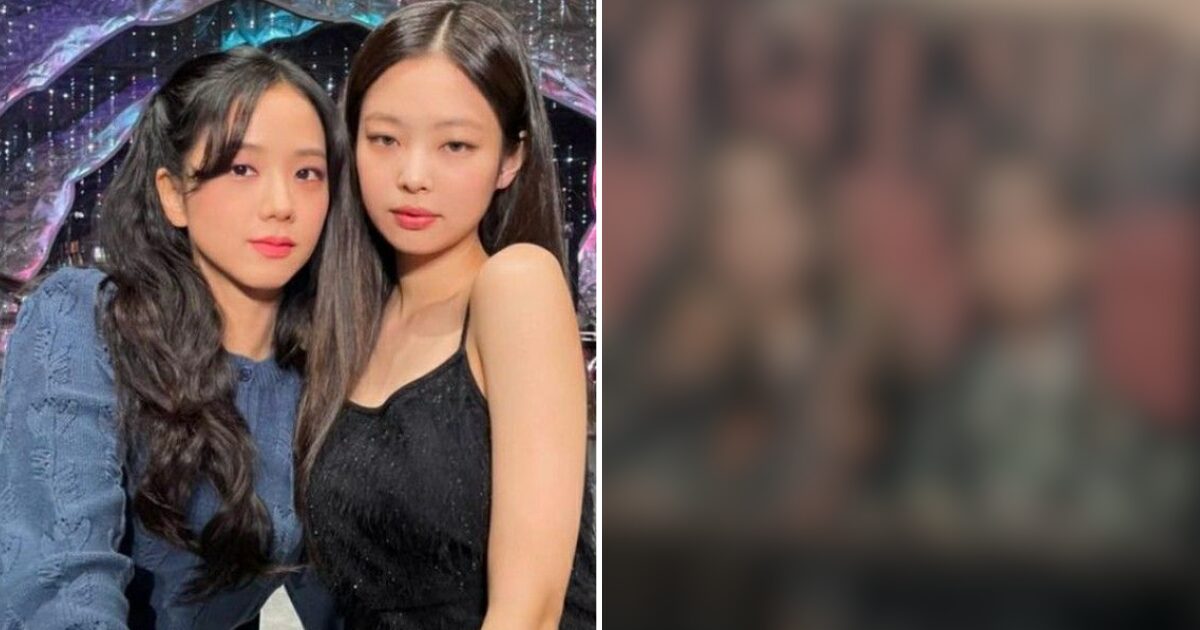BLACKPINK has come under scrutiny following the release of a teaser for their new song “JUMP.” The teaser debuted during their DEADLINE concerts in South Korea and initially garnered significant enthusiasm from fans. However, shortly after the teaser’s release, it faced backlash due to allegations that it incorporates artificial intelligence (AI) technology.
Social media users expressed their concerns, particularly on the platform KpopUnleashed, where a user known as Yvmeno raised questions about the authenticity of the visuals. The user pointed out that elements in the teaser appeared overly artificial, leading to discussions about the implications of AI in the K-Pop industry. Fans shared their disappointment, noting that the members of BLACKPINK looked “unrecognizable” in certain scenes, particularly on a billboard showcasing the four idols.
Fan Reactions and Industry Concerns
The accusations regarding the use of AI have ignited intense conversations within the K-Pop community. Many fans expressed feelings of anger and sadness, arguing that the beloved group deserves more authentic representation. The concerns are not isolated; there is a growing apprehension among fans regarding the increasing reliance on AI in music videos and promotional materials across the industry.
While the use of AI may not be as overt as in other artists’ projects, the potential implications for artistic integrity have led to criticism. Fans argue that if a technology like AI is used to alter the appearance of the group, it could undermine the authenticity that K-Pop artists strive to maintain.
Despite the controversy, the teaser for “JUMP” has also received praise for its production quality and potential appeal. BLACKPINK has consistently pushed boundaries within the music industry, and their latest release is anticipated with much excitement. As the group prepares for the official launch, the discussions around AI’s role in their work continue to evolve, reflecting broader trends in technology and artistry.
As BLACKPINK navigates this backlash, the response from both the group and their management will be closely watched by fans and industry experts alike. The outcome may set a precedent for how K-Pop artists approach the integration of technology in their creative processes, potentially reshaping the landscape of the genre.










